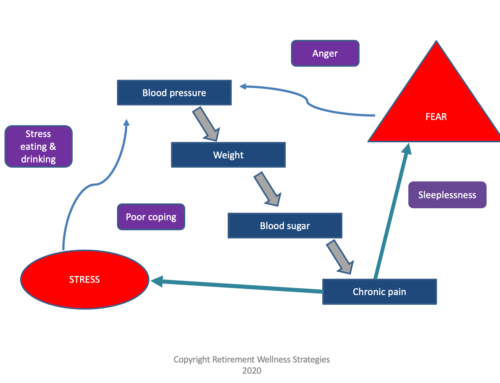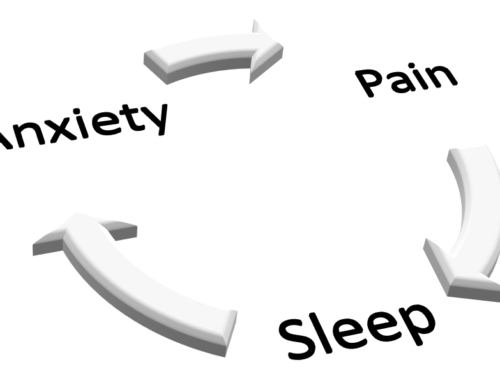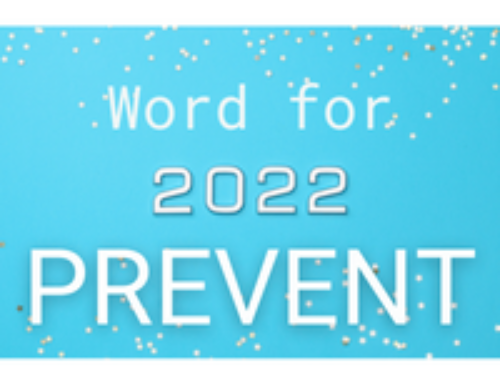
Communicate to decrease conflict and increase understanding using reflective statements
How do you handle conflict? For most of us the answer is, ‘not very well’. Conflict can raise your blood pressure, constrict your veins and arteries, and make your heart beat harder and faster.
Did you know that communication is NEARLY ALWAYS at the heart of conflict. As people, we miscommunicate on a regular basis. Part of what makes good communication so difficult is that it involves at least two people. Once is communicating and one is interpreting that communication. Let’s take a look at both important parts.
Communicate a consistent message
I was at a retreat this weekend where we played a game about consistent messaging. Think about a time when someone was talking with you and their message was not consistent. Their words said something that did not match their tone or their face or their body language. Imagine someone saying, ‘I love you’ with a grimace on their face and a mocking tone. Or picture someone saying, ‘So nice to meet you’ while glancing around the room looking for someone else. Has anyone ever tried to express anger with you then started laughing? It is hard to express anger while laughing. Someone was just telling me a story about a toddler rearranging a bunch of decorations and falling into a box headfirst with her feet sticking out of the top. The decoration was too heavy and pulled her over. This parent had to stifle giggles and get a picture before retrieving and correcting the toddler.
So, when you are communicating, carefully think about saying the same message with your words, your tone, your eye contact, your facial expression, and your body language. That will help avoid misinterpretation.
Check for understanding
When you are the one communicating, make sure the receiver actually understands what you are saying. It is ok to ask them to repeat it back. Or to ask what questions they have. If we assume the other person understood exactly what we were thinking and trying to communicate, we can often be disappointed. Think about the last time you thought someone understood and they did something completely different than what you asked.
If you are the listener, this is a critical step to assure you are understanding the message.
Reflective Statements
When you are the listener, one of the best techniques you can use is ‘reflective statements’. State back to the person communicating with you what you hear them saying. Put it in your own words. Here are some examples:
- You are saying you are upset about _________ because _________.
- You are asking me to _________________ and have it done by _________.
- ___________ frustrates you when he/she ______________.
- You want to ________________ before you agree to a hip surgery.
- You heard that I ______________, and it has upset you.
- Your son forgot to _______________, and not you don’t know what to do.
When you respond with a reflecting statement, you are making sure you understood the person’s message. It is a chance for them to clarify if you misunderstood. It is also a chance for them to feel heard and understood if you are correct.
Making sure you understand before taking any action, even before getting angry, and help avoid a lot of conflict.
If someone is upset or angry and respond also upset and angry, the situation escalates quickly. I have seen this happen where the two people don’t even realize they are saying the same thing. Neither is listening, they are just yelling. Now that will really get your blood pressure up!
I have found that FREQUENTLY, what I think I heard and what the person really intended were different. Especially when the topic is emotionally charged. It is our natural reaction to get defensive when someone comes at us angry. It is very hard to listen well in that state. So, a really deep breath and a calm reflecting statement can often help the situation calm back down. Sometimes when we are angry or frustrated we just want to vent. Once the venting is done, and the recipient reflects understanding, the situation doesn’t seem so bad.
Communicate with your Healthcare Team
These same techniques are very helpful when you communicate with your doctor. Sometimes the news we receive from our doctor can be upsetting. The words used in medicine are big and scary all by themselves. It can be hard to understand all of the technical information.
I highly encourage you to state back to your doctor what you just heard. Say it in your own words. This will help the doctor know where to clarify. I have had many patients get upset by a medical term that was actually no big deal. It just sounded scary. My grandfather, after 40+ years of smoking, a heart attack, a stroke, and stomach ulcers quit smoking cold turkey. We had been trying to get him to quit for years. None of those scary medical issues made him quit. But, when he was diagnosed with hiatal hernia he quit on the spot.
So, I encourage use to be clear and consistent with your communication. And, ask clarifying questions and use reflective statements when you are receiving communication. Especially if it seems upsetting, make sure you really understand the message before you make any decisions. This could help you avoid a lot of conflict.
Your heart will thank you for managing conflict better and keeping your blood pressure down.
For more information about communication techniques for your health, please contact us at Meds MASH at 410-472-5078 or www.medsmash.com/contact.
For further application, check out my personal blog.
.





